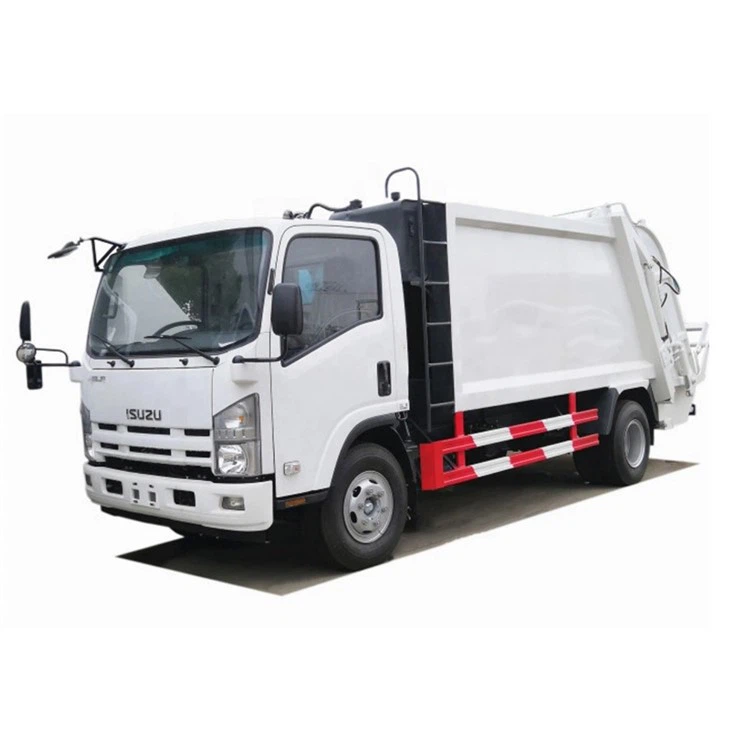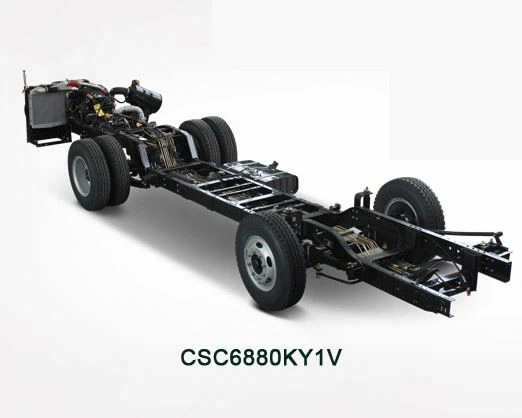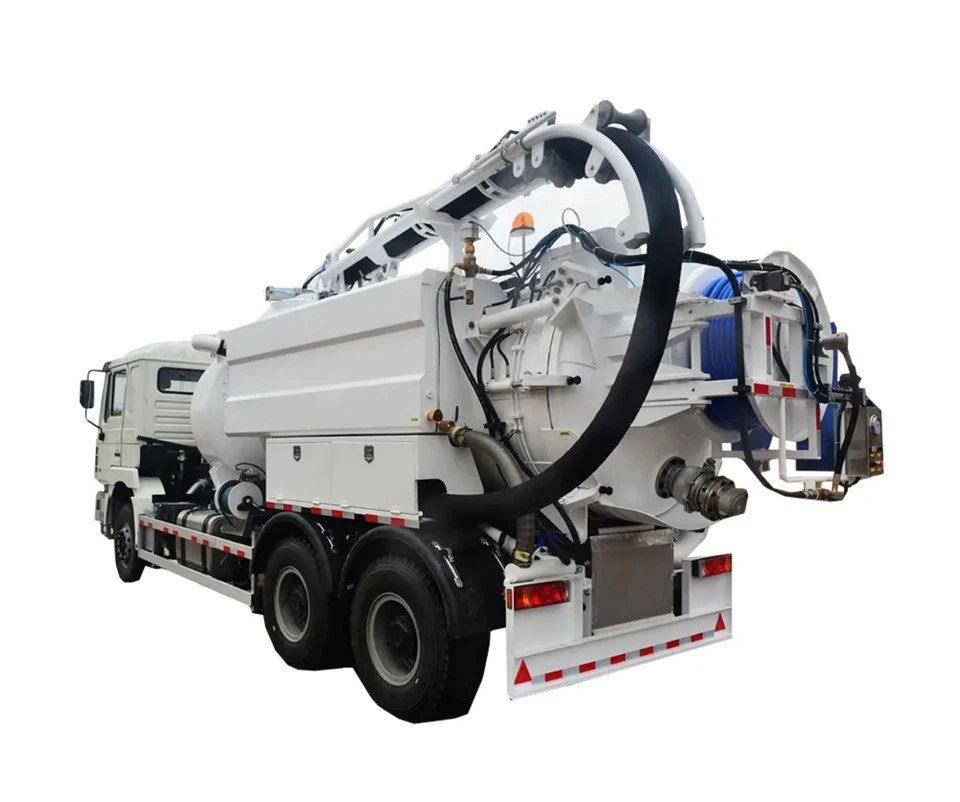Introduction
A garage truck is an essential piece of equipment for various businesses, especially in the warehousing and logistics sectors. These versatile vehicles can help streamline operations, improve efficiency, and ensure the smooth transport of goods. In this article, we’ll explore what a garage truck is, its uses, types, and some helpful tips for choosing the right one for your needs. Additionally, we will address some common questions surrounding garage trucks and their applications.
What is a Garage Truck?
A garage truck, often referred to as a utility truck, is a vehicle designed for transporting materials, tools, or equipment. Typically equipped with a flatbed or enclosed cargo area, garage trucks come in various sizes and configurations to meet different operational needs. Their design allows for easy loading and unloading, making them ideal for service-related industries.
Key Features of Garage Trucks
- Load Capacity: Garage trucks can carry significant weight, depending on the model.
- Versatile Design: Many garage trucks can be outfitted with additional features like lift gates, toolboxes, and shelving.
- Enhanced Maneuverability: Their size and design often make them suitable for tight spaces.
- Durability: Built to withstand heavy use, many garage trucks have robust construction materials.
Types of Garage Trucks
Garage trucks come in various types to suit different needs and preferences. Below are some of the most common types:
1. Pickup Trucks
A pickup truck is a popular type of garage truck featuring an open cargo area with low sides. They are particularly suited for transporting smaller loads and can be easily customized with toolboxes or other attachments.
2. Box Trucks
Box trucks offer an enclosed cargo area, making them ideal for transporting sensitive items that need protection from the elements. They are commonly used for moving services or deliveries.
3. Utility Trucks
Utility trucks are equipped with additional tool compartments or storage areas, providing tradespeople easy access to tools and materials while on the job.
4. Tow Trucks
Tow trucks can be considered a type of garage truck, designed specifically for towing other vehicles. They come in various configurations, such as flatbed or hook-and-chain styles.
Key Applications of Garage Trucks
Garage trucks are utilized across multiple industries. Let’s dive deeper into their practical applications.
1. Transportation and Delivery Services
Many businesses use garage trucks for the transportation of goods from warehouses to retailers. Equipped with appropriate shelving or boxes, they can help ensure products reach their destinations safely and efficiently.
2. Maintenance and Repair Services
In fields such as plumbing, electrical work, and HVAC, garage trucks serve as mobile workshops. They provide technicians with all the tools and materials needed to perform services on-site.
3. Landscaping and Construction
Garage trucks are indispensable for landscaping and construction firms, transporting heavy equipment, soil, and landscaping materials. Their robust build can handle significant loads, making them ideal for these industries.
4. Event and Equipment Rentals

Event rental companies often use garage trucks to transport tents, tables, chairs, and other equipment to venues. The spacious cargo area allows for efficient loading and unloading of bulk items.
Buying a Garage Truck: Essential Considerations
When looking to purchase a garage truck, several factors should be considered to ensure you select the best option for your specific needs.
1. Load Capacity
Understand the maximum load capacity required for your operations. This will help you narrow down your options and ensure safety.
2. Fuel Efficiency
Evaluate the truck’s fuel consumption. A more fuel-efficient model can save you significant costs in the long run, especially for businesses with regular transportation needs.
3. Maintenance and Repair Costs
Research the maintenance history of the garage truck model you are considering. Reliable models with lower repair costs can be more beneficial over time.
4. Customizability
Depending on your needs, consider if the garage truck can be customized with additional features like shelving, toolboxes, or lift gates.
5. Brand Reputation
Look for brands known for their quality and durability. Reading reviews and testimonials from other users can help in making an informed decision.
Maintenance Tips for Garage Trucks
Proper maintenance can extend the lifespan of your garage truck and ensure its reliability. Here are practical tips to keep in mind:
1. Regular Inspections
Schedule routine inspections to check for any signs of wear or damage. Pay special attention to tires, brakes, and headlights.
2. Fluid Checks
Regularly monitor engine oil, brake fluid, coolant, and transmission fluid levels. Top up or replace as necessary to keep your vehicle running smoothly.
3. Cleanliness
Keep your garage truck clean, both inside and out. Regular cleaning helps discover potential issues and enhances the vehicle’s lifespan.
4. Brake Maintenance
Brakes are crucial for safety. Regularly check and replace brake pads to ensure optimal performance.
Environmental Considerations
Garage trucks can have a more significant impact on the environment, especially regarding emissions and fuel consumption. Here are some considerations:
1. Choose Fuel-Efficient Models
Selecting a vehicle with higher fuel efficiency can reduce your carbon footprint and save on fuel costs.
2. Explore Electric Options
Consider electric garage trucks, which are becoming increasingly popular. They produce zero emissions and can be more sustainable in the long term.
3. Properly Dispose of Fluids
Ensure that any engine oil or other fluids are disposed of in an environmentally-friendly manner to avoid pollution.
Frequently Asked Questions (FAQs)
1. What is the average lifespan of a garage truck?
The lifespan of a garage truck varies based on use and maintenance, but typically, it ranges from 10 to 20 years.
2. Are garage trucks suitable for personal use?
Yes, garage trucks can be suitable for personal use, especially if you often transport large items or require a robust vehicle for specific tasks.
3. How do I calculate the load capacity I need for my garage truck?
Consider the maximum weight of items you expect to transport. Ensure your selected truck’s capacity exceeds this weight for safety.

4. Can I customize my garage truck?
Yes, many manufacturers offer customization options such as shelving, toolboxes, and lift gates to meet your specific needs.
5. How often should I service my garage truck?

A regular service every 5,000 to 7,500 miles is typically advised, along with routine checks for essential components such as brakes and tires.
6. What is the best fuel type for a garage truck?
It depends on the model and manufacturer, but common options include gasoline, diesel, and increasingly, electric or hybrid versions.





